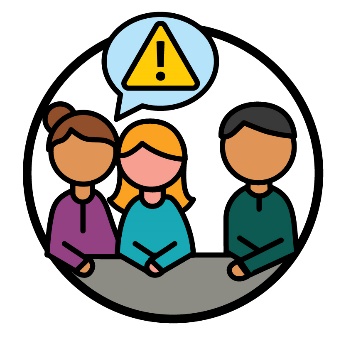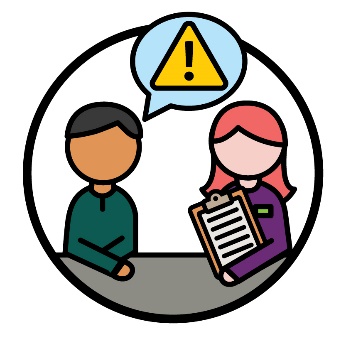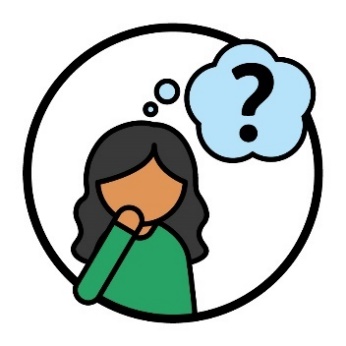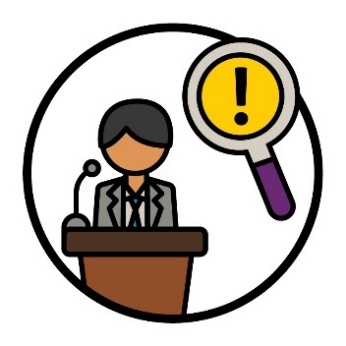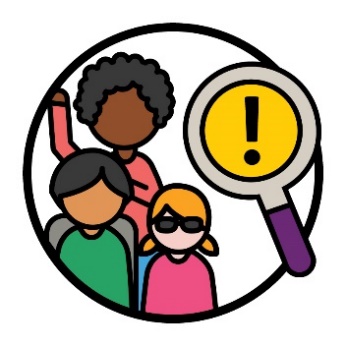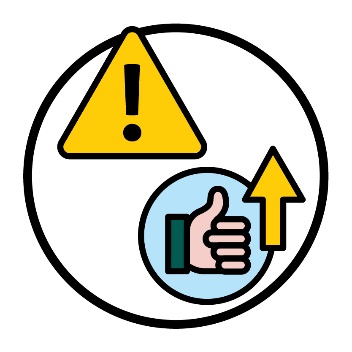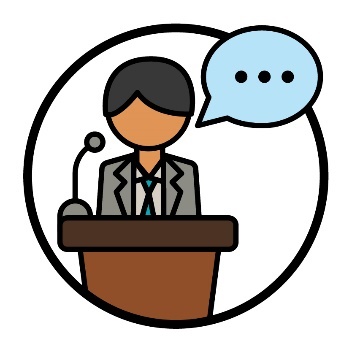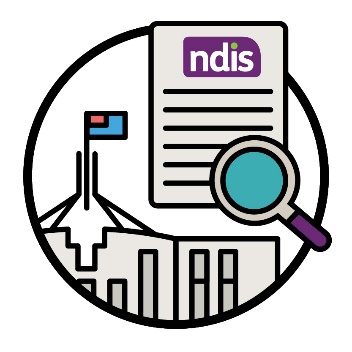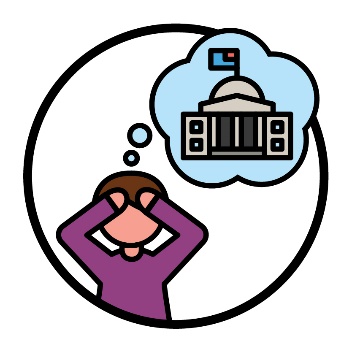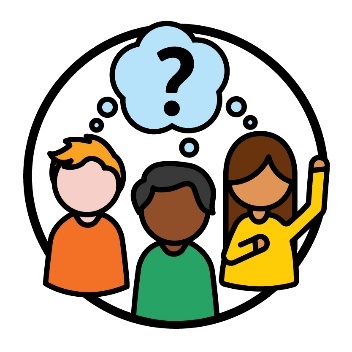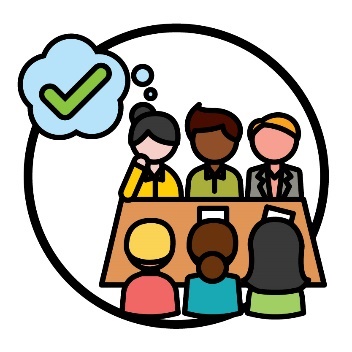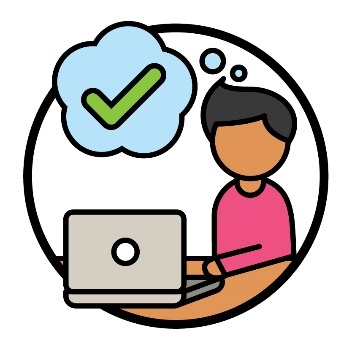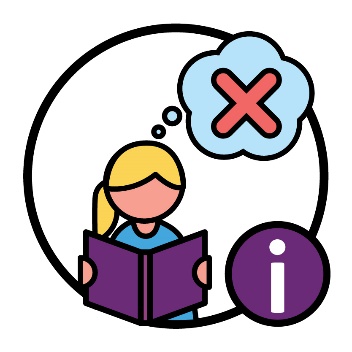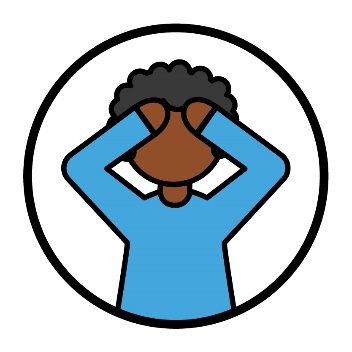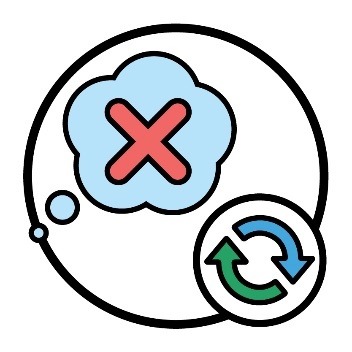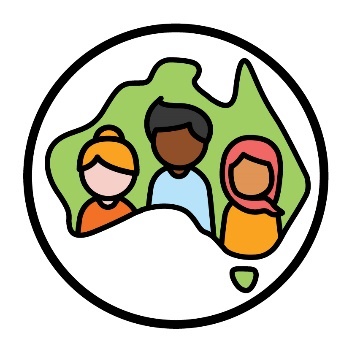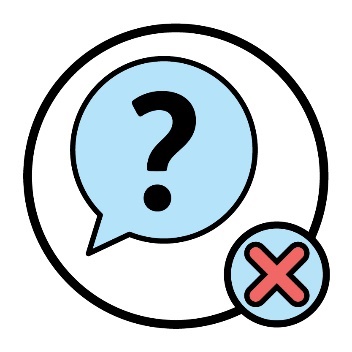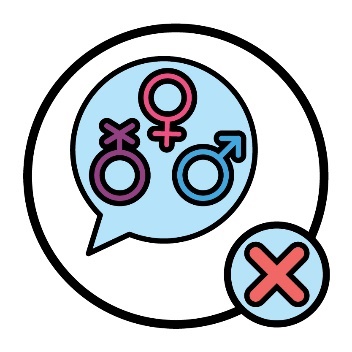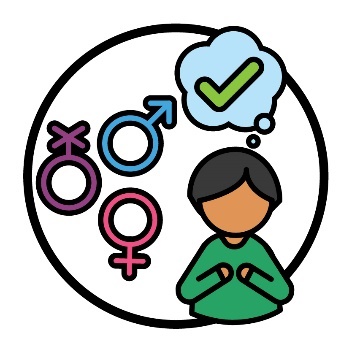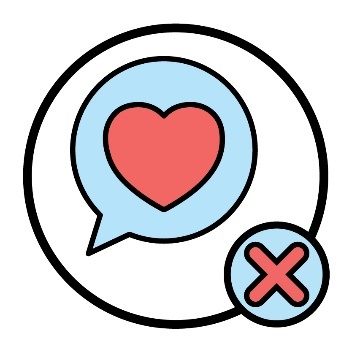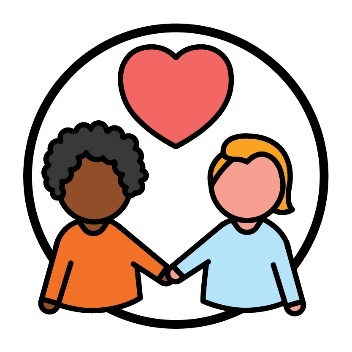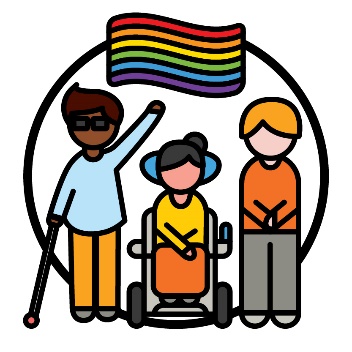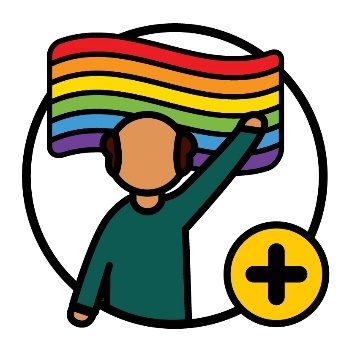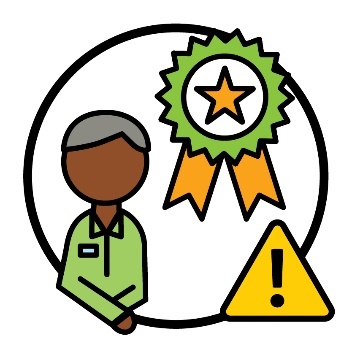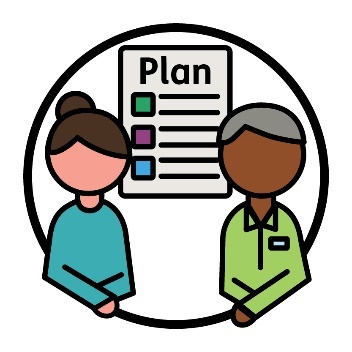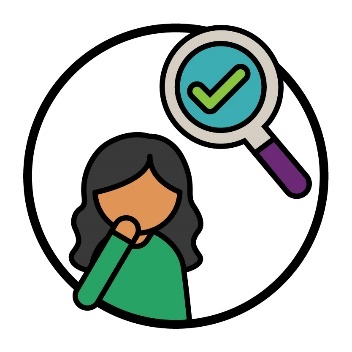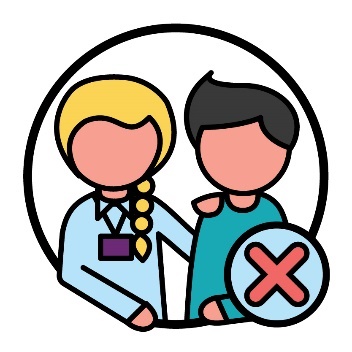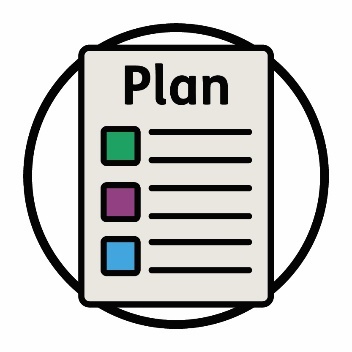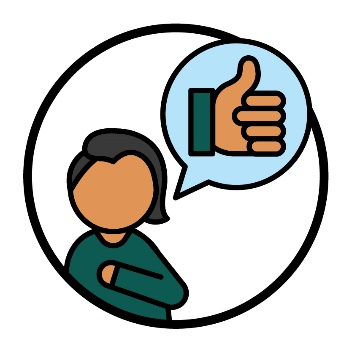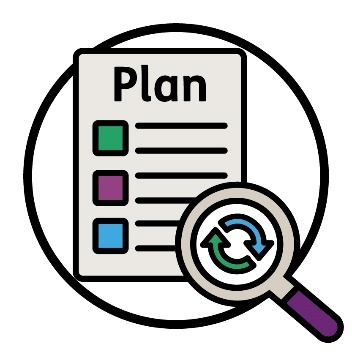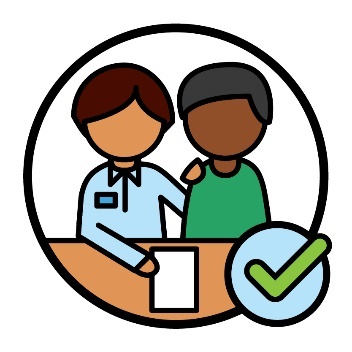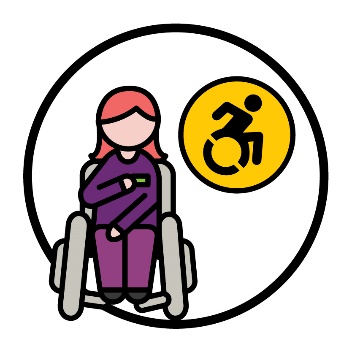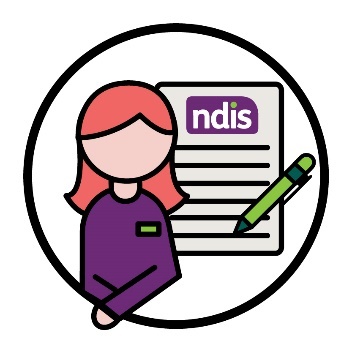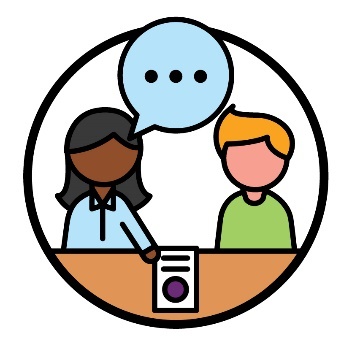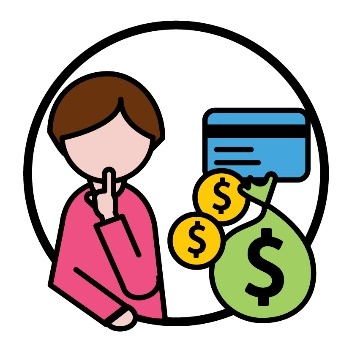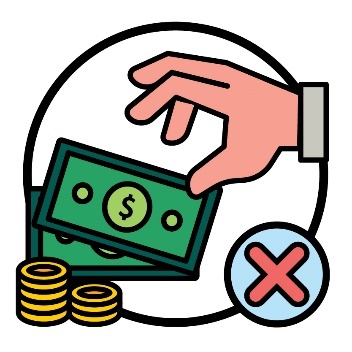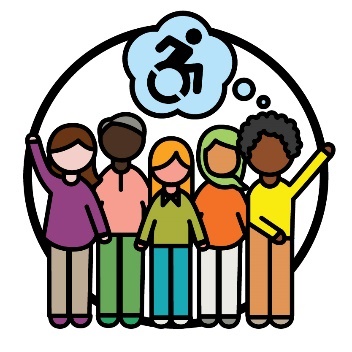Our reports
|
|
The Reference Group connected with the community to find out about issues that affect them. |
|
|
The Reference Group members shared these issues with the NDIA. |
What did the reports talk about?
The Disability Royal Commission and the NDIS Review
|
|
Reference Group members shared that the community worry about some things that the Australian Government is doing. |
|
|
|
The community worry about what the government had to say about the Disability Royal Commission (DRC). |
|
|
|
The DRC looked into problems people with disability have experienced. |
|
|
|
It helped the Australian Government find out:
|
|
|
|
Members also shared that the community worry about what the government will say about the NDIS Review. |
|
|
|
The Australian Government checked the NDIS to find out what:
They call it the NDIS Review. |
|
|
|
Members explained that this has made some people with disability feel like they have no control over what the government does. |
|
Laws about how the NDIS works
|
|
Members shared that the community are unsure about how some laws will change. |
|
|
The community think that meetings about these changes should have been more accessible. |
|
|
When something is accessible, it is easy to:
|
|
|
Members also shared that information about how supports will change was not clear enough. |
This meant people in the community: |
|
|
|
|
|
|
|
The 2026 census
|
|
Reference Group members shared that they were not happy about news reports about the 2026 census. |
|
|
The census is a survey that asks people about themselves to help Australia plan for the future. |
|
|
The news reports explained that the Australian Government might not ask some questions in the 2026 census. |
|
|
The census won’t ask questions about people’s gender. |
|
|
Your gender is what you feel and understand about who you are as a person. You might think of yourself as a man or woman or something different. You can choose the words that are right for you. |
|
|
The census won’t ask questions about sexual orientation. |
|
|
Your sexual orientation is who you:
|
|
|
Members explained that this will make it harder to speak up about services for LGBTIQASB+ people. |
|
|
The letters LGBTIQASB stand for lesbian, gay, bisexual, transgender, intersex, queer or questioning, asexual, sistergirl and brotherboy. |
|
|
The ‘+’ is for people who are part of the LGBTIQASB+ community but don’t talk about themselves using a word from this list. |
Supports and services
|
|
Members explained that it is still hard to find support coordinators with the right skills. |
|
|
A support coordinator is someone who helps people with disability plan and use their supports. |
|
|
Members worry about how the NDIA checks to make sure these services work well. |
|
|
Members shared that some organisations offer people things to get them to use their service. |
|
|
For example, they might give people a gift card for using their support workers. |
|
|
Members explained that support coordinators with different skills might mean participants don’t get the supports they need. |
NDIS plans
|
|
Your NDIS plan is a document that has information about:
|
|
|
|
Members shared that some participants have had good experiences with their plan reassessments. |
|
|
|
When the NDIA do a plan reassessment, they check to see if the supports in a participant’s plan still work well for them. |
|
|
|
At these meetings, participants shared that they felt:
|
|
|
|
Members explained that these experiences show it’s important to have NDIS planners who:
or
|
|
|
|
An NDIS planner is someone who:
|
|
Fraud
|
|
Members explained that information about fraud needs to be explained carefully. |
|
|
Fraud is something a person plans to do that is not honest. Fraud is a crime. |
|
|
Members explained that this information should not make it look like people with disability use the NDIS to steal money. |
|
|
This can affect how the community feels about people with disability. |
